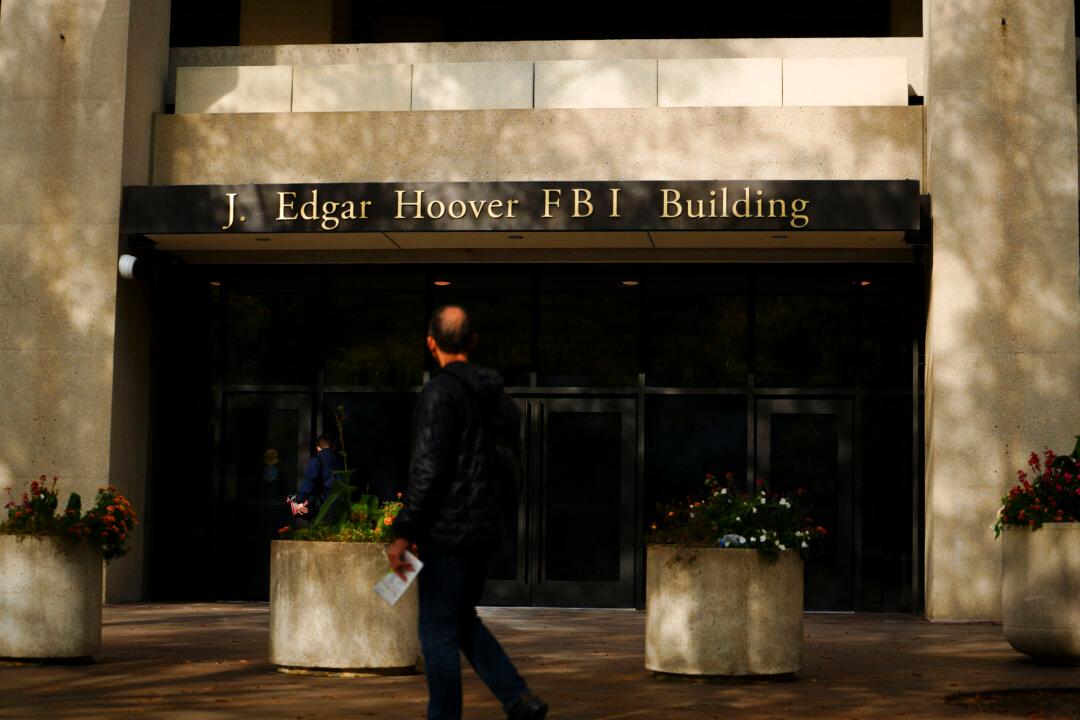The FBI must provide information from Seth Rich’s laptop computer to a Texas man, a federal judge ruled on Nov. 28.
The bureau’s attempt to challenge an earlier order to produce the information failed to persuade U.S. District Judge Amos Mazzant, who said the bureau’s assertions of exemptions to a federal law were unsupported.





